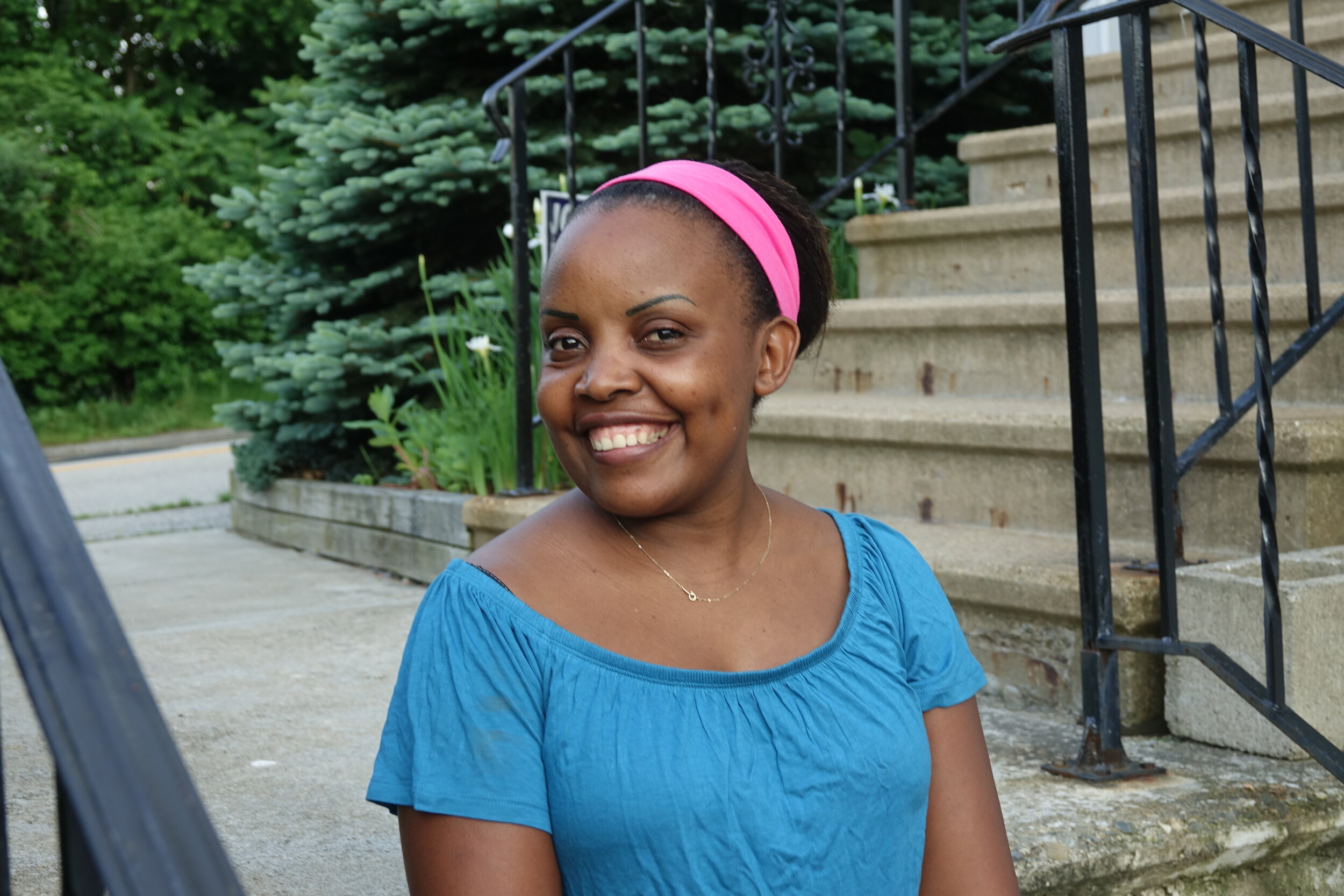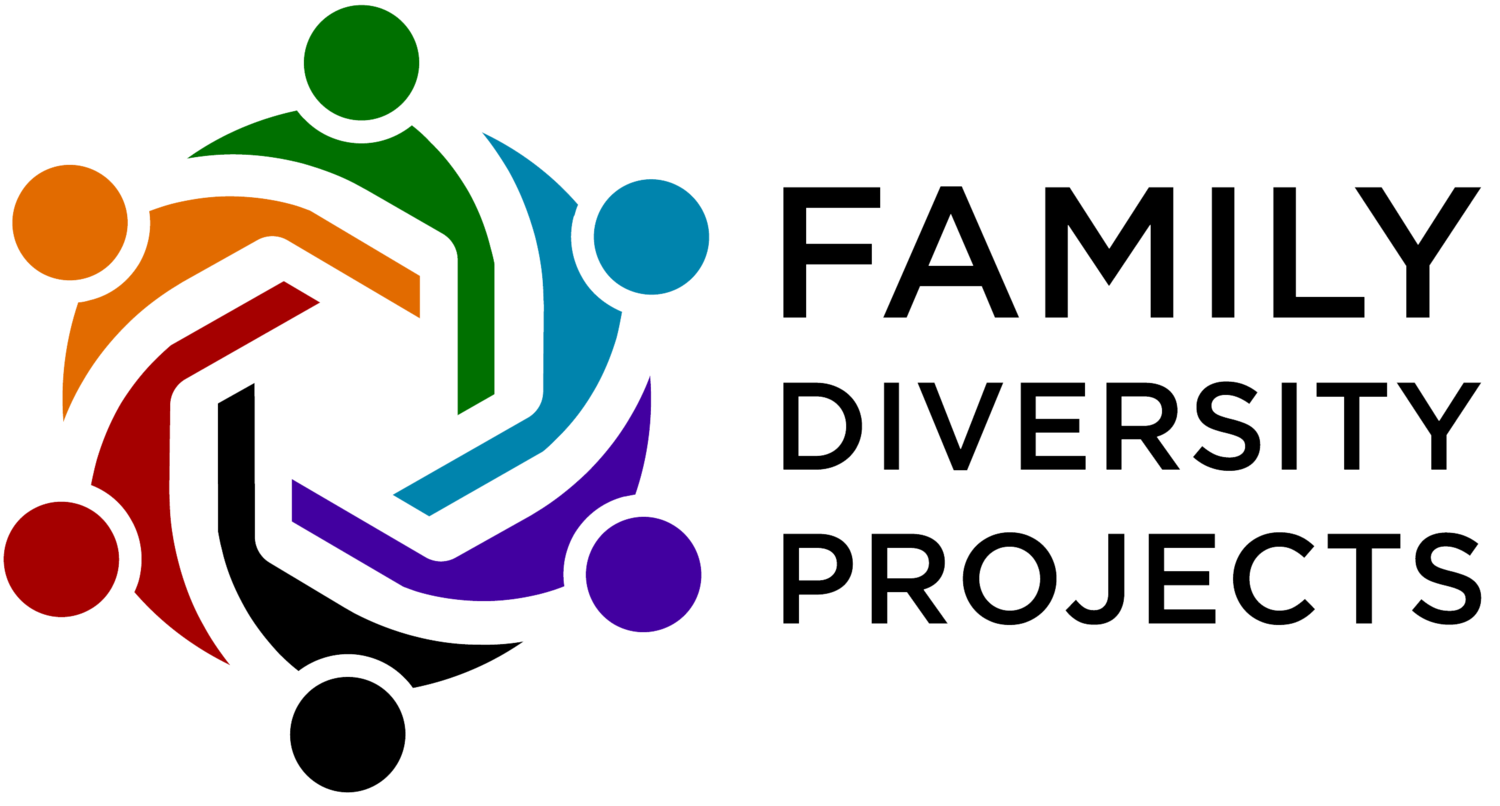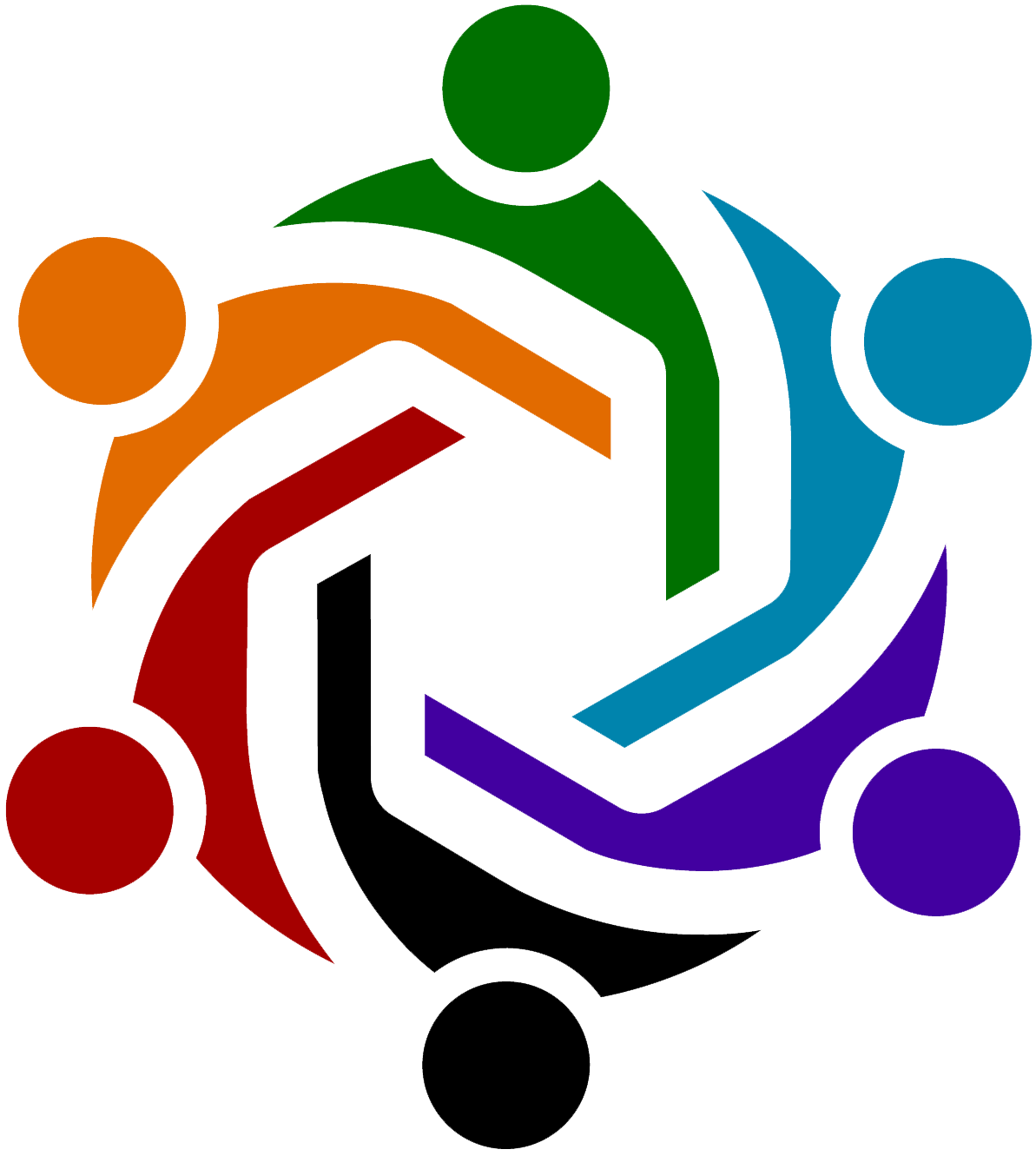
“Everyone has a right to live the life that they wish to.”
Violet Uwera
Rwanda
I was born in 1989 in the beautiful country of Rwanda in Africa, the land of one thousand hills. I was only four when the Rwandan genocide happened. Before it occurred, we lived peacefully with our neighbors who were from three tribes: Hutus, Tutsis, and Batwas.
Children in our village were taken care of by all the adults. We ate lunch wherever food found us! We also helped with chores: not only in our own homes, but we helped our neighbors, too. When an adult found any of us children involved in any mischief, he or she punished us. It took a village to raise us!
The genocide affected my nuclear family emotionally and physically. We were displaced and lost not only our home but also all of our livestock and everything else we owned. My three-week-old twin sisters and the rest of my family and I had to watch my mother being tortured by the Interahamwe men from the Hutu militia, who raped her. It was the worst experience of my entire life.
My mother couldn’t eat after this, and she didn’t have any milk to feed the twins. After five days without eating anything, we started eating grass. My twin baby sisters passed away a week later, and we had a small funeral ceremony for them. My family escaped further into the forest, and we saw snakes, but God protected us, and the snakes didn’t bite anyone. We stayed there for many days and nights.
We were drinking dusty water, and my father and uncle couldn’t go get us cassava, potatoes, and fresh sorghum because they could hear dogs barking. That meant that we were being hunted down, so my father decided we needed to keep moving towards Uganda, where he thought we would be safe. At the age of four, I had to walk many miles for seven or more nights. My mother was too weak to walk so she was carried in a wheelbarrow. We walked until we could not walk anymore.
As a person who was born premature and had experienced malnutrition, I wasn’t strong even before the genocide. During our walk to Uganda, I fell down and got hurt over and over. I was exhausted and dehydrated, and my feet were swollen. Finally, I couldn’t walk any more, and I fell again. My body refused to get up. Everyone was running, because the militiamen were shooting at us from behind.
My family left me because when I passed out, they thought that I had died. I don’t remember being found by the U.N. Peacekeepers, who took me to a nearby hospital. When I finally woke up, I didn’t know where I was, so I walked out of the hospital. Nurses came and brought me back inside. When I regained full consciousness, I asked where my mommy was, and a nun who was taking care of me said, “That miserable woman left you on the road.” I screamed because I wanted to convince the nun and myself that she was wrong.
I lived in a crowded orphanage for seven long years. Before my parents left me in the forest, they wrote their names with charcoal on a piece of paper. Therefore, my orphanage was able to search for my parents with announcements on radio, on television, and in the local newspapers. It took seven years, until I was 11 years old, to reunite with my parents. I was not educated during those years in the orphanage. I didn’t get access to medication or ever have three meals a day. Life was bitter.
When they found my family, I was excited to go home again, but I also was nervous because I didn’t know how to fit in with the rest of my siblings. Most of all, I didn’t want to make my mother feel guilty for abandoning me.
I tried to commit suicide, but fortunately I survived and learned that it was not going to solve the problems that I was facing. My mother told me that nothing would make her happier than seeing me succeed in life. That conversation is still very vivid in my head, and it has kept me fighting for my rights.
When I was 13, I knew that I wasn’t interested in having a boyfriend, but I didn’t know then that there were other people like me. Both of my parents were highly respected church pastors, and in Rwandan churches, being lesbian or gay is considered evil. When my parents brought young men to meet me, I screamed and cried because I didn’t want to be touched by them. I didn’t yet know I was a lesbian; I just believed that I had a bad spirit. My parents brought me to many churches to pray for me to change.
After my mom died in 2010, I realized that I was never going to change. When I came out to my father as a lesbian, he kicked me out of the house, publicly disowned me, tried to poison me, and said he would rather have me dead. I remember that one of my professors said to us that if he suspected that one of his children was gay, he would kill or disown her or him.
Fortunately, I met a wonderful American woman, Emmy, who sponsored me to get a student visa to come to study in the United States. She paid for my airplane ticket and my passport, and she loved me unconditionally. I call her “Mama.” The minister of my UCC Church helped me find the LGBT Asylum Support Task Force, and I’m now working with a lawyer who thinks my case for getting asylum status is very strong.
In Rwanda, my life as a lesbian would be extremely dangerous, so I have applied for political asylum in the United States. In America, I have learned that it is not a curse to be a lesbian. I feel loved, secure, and safe here. I strongly believe that everyone has a right to live the life that they wish to. I’m proud that I can be openly lesbian and that I no longer have to live a life of lies.
I’m going to the School for International Training in Vermont this fall to get my master’s degree. When I become an American citizen, I want to work for non-profit organizations that promote human rights, especially for women and indigenous people. I want to learn how to advocate for the voiceless.

